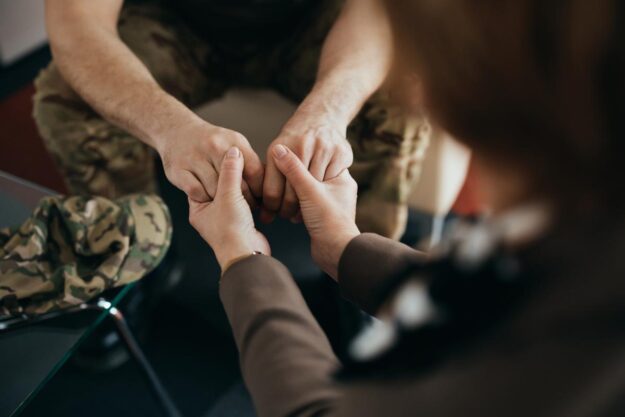Trauma and Addiction
The relationship between trauma and addiction is a powerful and often overlooked dynamic. Many people struggling with addiction have a history of trauma, whether from childhood experiences, violence, loss, or other deeply troubling events. Understanding this connection is necessary because addressing trauma can be a key step toward achieving long-term recovery. By recognizing how trauma…









